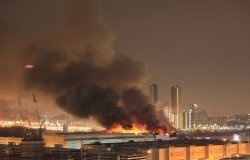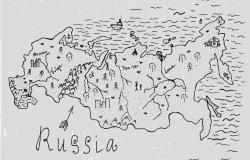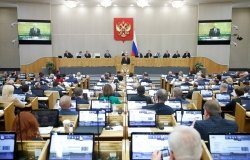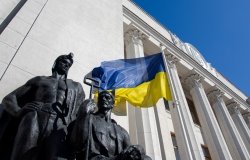#63 Unions and Politics in Argentina, 1955-1962
By Marcelo Cavarozzi
Prevailing interpretations of post-1955 Argentine politics have argued that the regimes of the 1955-1973 period, despite their attempts to eliminate or to co-opt pre-existing social support for Peronism, failed to resolve the problems resulting from the Peronist legacy. In these interpretations, Peronism is treated as an "external" factor, a sort of insurmountable burden inherited from the past, haunting the fragile emerging political system. I would suggest an opposite interpretation. Post-1955 Peronism was an intrinsic feature of contemporary Argentine politics. The essential ingredients of contemporary Peronism--i.e., the presence/absence of Peron on the political scene, and the dual (corporative-political) role of Peronist unions--were generated and nurtured by its adversaries. These adversaries were the political and social forces which supported the downfall of the first Peronist government and attempted to implement semi-democratic or authoritarian formulae banning Peronism from elections. Therefore, contemporary Peronism (defined here as the movement which emerged from the 1955 collapse, and which gradually, and paradoxically, disintegrated itself with the unfolding of the second Peronist regime of 1973-1976) could only be understood as the antithesis both of the heterogeneous social and political front that coalesced in 1955 and of the several regimes which failed to consolidate themselves between 1955 and 1973. The mode of inception of Peronist unionism into Argentine politics became largely apparent during the 1956-1959 period.
Related Programs

Latin America Program
The Wilson Center’s prestigious Latin America Program provides non-partisan expertise to a broad community of decision makers in the United States and Latin America on critical policy issues facing the Hemisphere. The Program provides insightful and actionable research for policymakers, private sector leaders, journalists, and public intellectuals in the United States and Latin America. To bridge the gap between scholarship and policy action, it fosters new inquiry, sponsors high-level public and private meetings among multiple stakeholders, and explores policy options to improve outcomes for citizens throughout the Americas. Drawing on the Wilson Center’s strength as the nation’s key non-partisan policy forum, the Program serves as a trusted source of analysis and a vital point of contact between the worlds of scholarship and action. Read more

Argentina Project
The Argentina Project is the premier institution for policy-relevant research on politics and economics in Argentina. Read more










